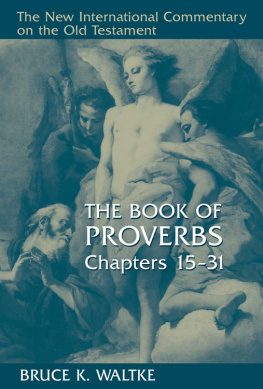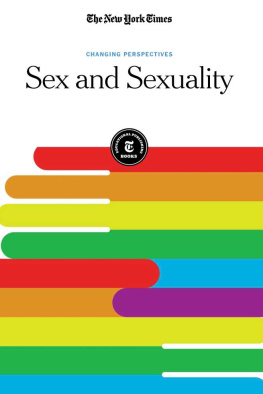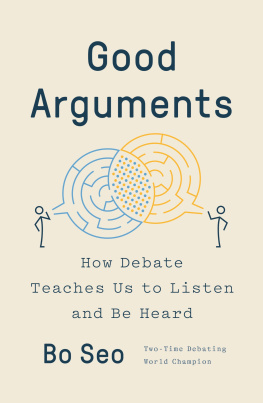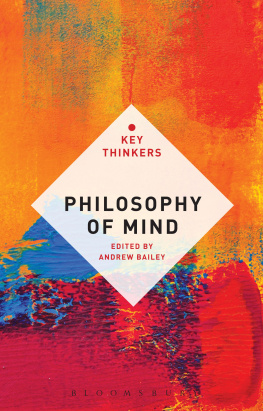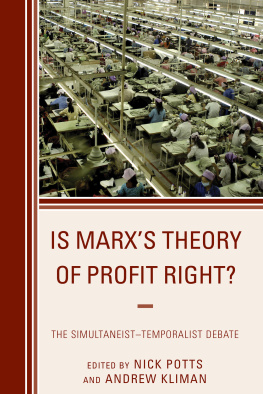CONFLICTS ABOUT CLASS
Debating Inequality in Late Industrialism
a selection of readings
edited by
David J. Lee and Bryan S. Turner
First published 1996 by Longman Group Limited
Published 2014 by Routledge
2 Park Square, Milton Park, Abingdon, Oxon OX14 4RN
711 Third Avenue, New York, NY 10017, USA
Routledge is an imprint of the Taylor & Francis Group, an informa business
Copyright 1996, Taylor & Francis.
All rights reserved. No part of this book may be reprinted or reproduced or utilised in any form or by any electronic, mechanical, or other means, now known or hereafter invented, including photocopying and recording, or in any information storage or retrieval system, without permission in writing from the publishers.
Notices
Knowledge and best practice in this field are constantly changing. As new research and experience broaden our understanding, changes in research methods, professional practices, or medical treatment may become necessary.
Practitioners and researchers must always rely on their own experience and knowledge in evaluating and using any information, methods, compounds, or experiments described herein. In using such information or methods they should be mindful of their own safety and the safety of others, including parties for whom they have a professional responsibility.
To the fullest extent of the law, neither the Publisher nor the authors, contributors, or editors, assume any liability for any injury and/or damage to persons or property as a matter of products liability, negligence or otherwise, or from any use or operation of any methods, products, instructions, or ideas contained in the material herein.
ISBN 13: 978-0-582-27567-6 (pbk)
British Library Cataloguing-in-Publication Data
A catalogue record for this book is
available from the British Library
Conflicts about class: debating inequality in late industrialism:
a selection of readings/edited by David J. Lee and Bryan S. Turner.
p. cm.
Includes bibliographical references and index.
ISBN 0582275679
1. Social classesResearch. I. Lee, David J., 1938.
II. Turner, Bryan S.
HT608.C66 1996
Set by 5 in 10/11 Pt Palatino
In Memoriam
Joan B. Freeman, M. Ed
of Newman College, Birmingham
19321995
who was Arntee Jone to David, Adrienne, Rebecca and Suzanna
for longer than they want to remember
and whose kind of class analysis will always have a future
even though shed never heard of Bryan and the others.
.....
But come with old Khayyam and leave the Wise
To talk. One thing is certain: that life flies ...
Contents
Robert Holton
Terry Nicholls Clark and Seymour Martin Lipset
Mike Hout, Clem Brooks and Jeff Manza
Jan Pakulski
Malcolm Waters
Ray Pahl
John H. Goldthorpe and Gordon Marshall
Ray Pahl
Rosemary Crompton
John Scott
John Westergaard
John Scott
John Myles and Adnan Turegun
Lydia Morris
John H. Goldthorpe
Anthony Heath and Peter Clifford
Geoffrey Evans
David J. Lee
Bryan S. Turner
The origins of this book lie in an exchange of published writings between the two editors, as a result of which we realised that we disagreed about practically everything. (We have written separate conclusions as a tangible expression of these disagreements.) It must seem to outsiders that such an admission might be made by sociologists as a whole a contention of sociologists would be a fitting collective noun. Quarrelsome behaviour is particularly evident in the area of sociological work known as class analysis. We have, however, agreed amicably to edit this book in the belief that sharp disagreement can be intellectually productive. We are reminded that it was, for example, Marxs total disagreement with Proudhon, Mill and Say that produced contemporary class theory in the first place.
Familiarity with class analysis itself will show why disagreement is fundamental to this topic. Moreover, many sociologists have spent their lives studying class and take unkindly to the conviction of some colleagues that they have been wasting their time. Nor does it help to note that colleagues in several cognate disciplines like history have of late decided to jettison the term class altogether.
Our justification for compiling this book is that the latest turn in the debate about class epitomises current controversies about the future nature and direction of sociological enquiry itself. We would like to think that in the end both sociology and class analysis will emerge leaner but fitter from the critiques and research collected together here. Furthermore, while we are literally poles apart in our attitude to the idea of intellectual progress in the social sciences, there is an implicit agreement in the chapters to this collection that, regardless of the idiom of class analysis, there remain important issues about inequality and justice in contemporary societies which deserve a wider audience than the readership of sociological journals.
We have certainly managed to agree too that the real heroes of this book are certain members of the Essex University Computing Service in particular Brett Giddings and Glyn Daniels. Only through their patience and skill were we able to overcome the diverse electronic terrors which comprise the hyper reality of international academic collaboration nowadays: scrambled email; unintelligible binhex, crashing Windows, imported boot sector viruses and corrupted discs. With their help the individual texts eventually appeared as old-fashioned manuscript and we were reminded of Steve Bells celebrated question: Can there be text without paper?
We are grateful, too, to the Fuller Bequest Research Fund of the University of Essex Sociology Department for generous assistance toward the costs of preparing this collection for publication.
We are equally grateful to those who encouraged us at bad moments or provided invaluable contacts, help and advice: in particular, in strict alphabetical order, Rosemary Crompton, Jay Gershuny, John Goldthorpe, Bob Holton, George Kolankiewicz, David Lockwood, Ray Pahl, Jan Pakulski, David Rose, John Scott, Malcolm Waters, and John Westergaard. We are also extremely grateful to all of the authors for the general alacrity with which they agreed to have their work used and revised or even wrote entirely fresh contributions. Their willingness to respond in record time to our interventions and arm-twisting is gratefully acknowledged. Monika Loving, Maureen Rhodes and Diane Streeting took over at the computer when we flagged. Sue Aylott never minded loaning the use of her printer. Adrienne Lee provided not only encouragement but endless real-life examples of class relationships in British Primary Education. Lastly we owe an enormous debt to our editor at Longman for her patience and her willingness to promote sociological debate.
David Lee,
Colchester, England
Bryan Turner,


